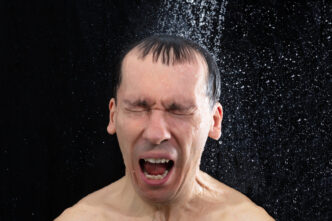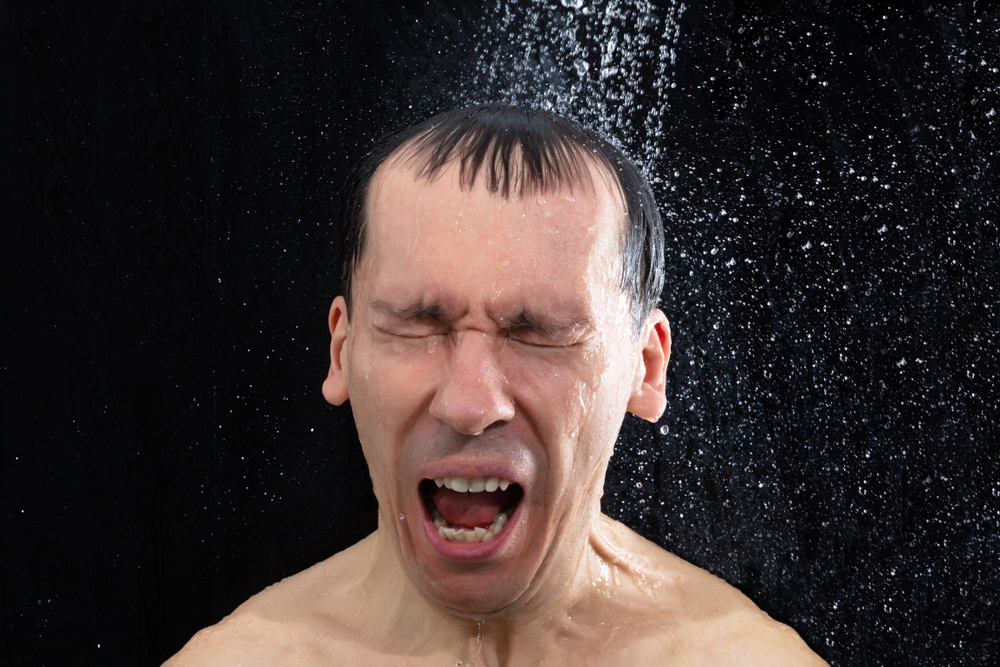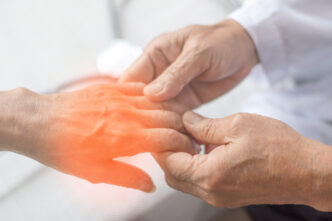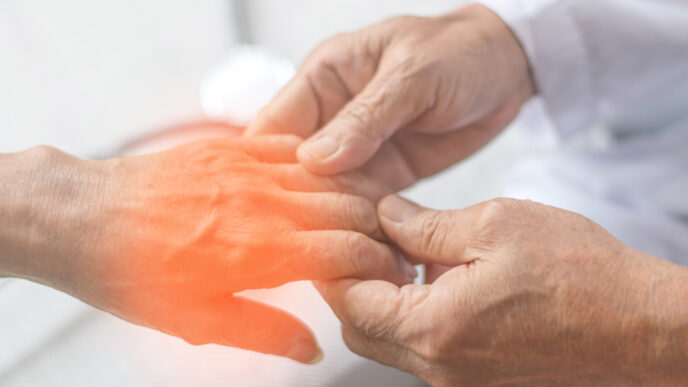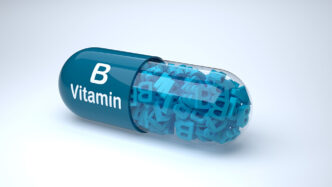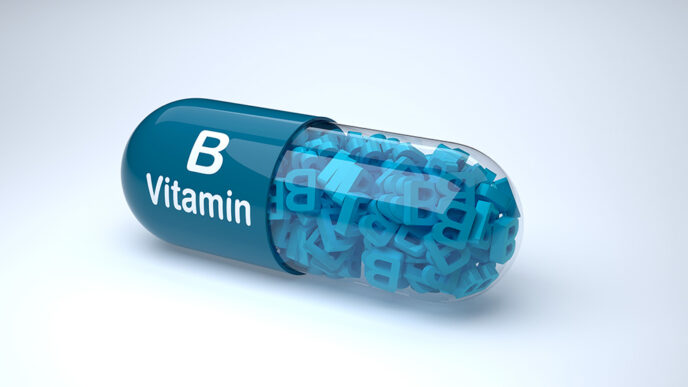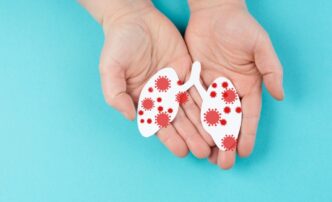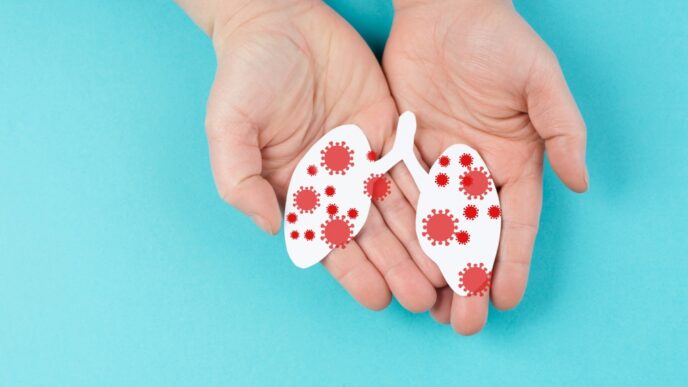Cold water immersion (CWI) involves submerging the body in chilly water to trigger physical and mental benefits. Once a niche recovery method, it’s now trending worldwide. In this article, we explore what the research really says about its effectiveness for different health concerns.
WORDS LIM TECK CHOON
Polar plunge and other ice-cold water treatments are collectively known as cold water immersion or CWI.
Given how CWI trends on TikTok every now and then, it is becoming popular and attracts many health claims.
HOW TRUE ARE THESE HEALTH CLAIMS?
- Research suggests that CWI can have some potential benefits, especially for certain groups such as athletes.
- However, research on CWI is often limited by small number of participants, short durations of research that prevent us from knowing the long-term benefits and side effects, inconsistent research protocols, and mixed results.
- Also, many of the studies are conducted on healthy, young adults or athletes, so benefits for older adults or those with chronic medical conditions are still unproven.
WHAT ARE THESE POTENTIAL BENEFITS?
Note that more research is still needed to verify these benefits.
Reduced Muscle Soreness and Improved Recovery
- CWI has been shown to decrease muscle soreness and may help speed recovery after exercise, likely through anti-inflammatory and pain-numbing effects.
- However, some studies find active recovery can be just as effective, and benefits may depend on the type and intensity of exercise involved.
|
Short-Term Stress Reduction
- Several systematic reviews and meta-analyses indicate that cold water immersion can reduce perceived stress in the 12 hours following exposure.
- However, these effects are time-dependent and fade quickly.
Improved Sleep and Alertness
- Cold exposure sometimes improves sleep quality and alertness.
- However, these effects appear more consistently in men and are generally modest.
Enhanced Mood and Mental Well-Being
- Some studies report better mood and reduced symptoms of anxiety or depression after cold plunges, though most evidence is anecdotal or based on small trials.
- Benefits may be partly due to a rush of endorphins or the social aspects of group plunges.
Immune Function and Reduced Sickness Absence
- There is some evidence that regular cold-water exposure (like daily cold showers) can reduce the number of days people are out sick by up to 29%.
Inflammation Control
- CWI may be able to blunt inflammatory responses after intense exercise and reduce pain, swelling, and muscle stiffness.
SHOULD WE TAKE THE PLUNGE?
- Cold plunges and ice baths may offer short-term pain relief, stress reduction, modest mood improvement, and help muscle recovery in athletes.
- However, scientific support for broader health claims — chronic inflammation reduction, metabolic boost, long-term immunity boost, etc — is currently limited and inconclusive.
- More large-scale, well-controlled studies are needed to determine the true extent of the benefits and risks of CWI.
| This article is part of a series that take a scientifically proven look at various fads and trends associated with health. |
References:
- Xiao, F., Kabachkova, A. V., Jiao, L., Zhao, H., & Kapilevich, L. V. (2023). Effects of cold water immersion after exercise on fatigue recovery and exercise performance–meta analysis. Frontiers in physiology, 14, 1006512. https://doi.org/10.3389/fphys.2023.1006512
- Cain, T., Brinsley, J., Bennett, H., Nelson, M., Maher, C., & Singh, B. (2025). Effects of cold-water immersion on health and wellbeing: A systematic review and meta-analysis. PloS one, 20(1), e0317615. https://doi.org/10.1371/journal.pone.0317615
- Yankouskaya, A., Williamson, R., Stacey, C., Totman, J. J., & Massey, H. (2023). Short-term head-out whole-body cold-water immersion facilitates positive affect and increases interaction between large-scale brain networks. Biology, 12(2), 211. https://doi.org/10.3390/biology12020211
- Czarnecki, J., Nowakowska-Domagała, K., & Mokros, Ł. (2024). Combined cold-water immersion and breathwork may be associated with improved mental health and reduction in the duration of upper respiratory tract infection – a case-control study. International journal of circumpolar health, 83(1), 2330741. https://doi.org/10.1080/22423982.2024.2330741
- Piñero, A., Burke, R., Augustin, F., Mohan, A. E., DeJesus, K., Sapuppo, M., Weisenthal, M., Coleman, M., Androulakis‐Korakakis, P., Grgic, J., Swinton, P. A., & Schoenfeld, B. J. (2024). Throwing cold water on muscle growth: A systematic review with meta‐analysis of the effects of postexercise cold water immersion on resistance training‐induced hypertrophy. European journal of sport science, 24(2), 177–189. https://doi.org/10.1002/ejsc.12074
- Wang, Y., Lu, H., Li, S., Zhang, Y., Yan, F., Huang, Y., Chen, X., Yang, A., Han, L., & Ma, Y. (2022). Effect of cold and heat therapies on pain relief in patients with delayed onset muscle soreness: A network meta-analysis. Journal of rehabilitation medicine, 54, jrm00258. https://doi.org/10.2340/jrm.v53.331
- Esperland, D., de Weerd, L., & Mercer, J. B. (2022). Health effects of voluntary exposure to cold water – a continuing subject of debate. International journal of circumpolar health, 81(1), 2111789. https://doi.org/10.1080/22423982.2022.2111789

